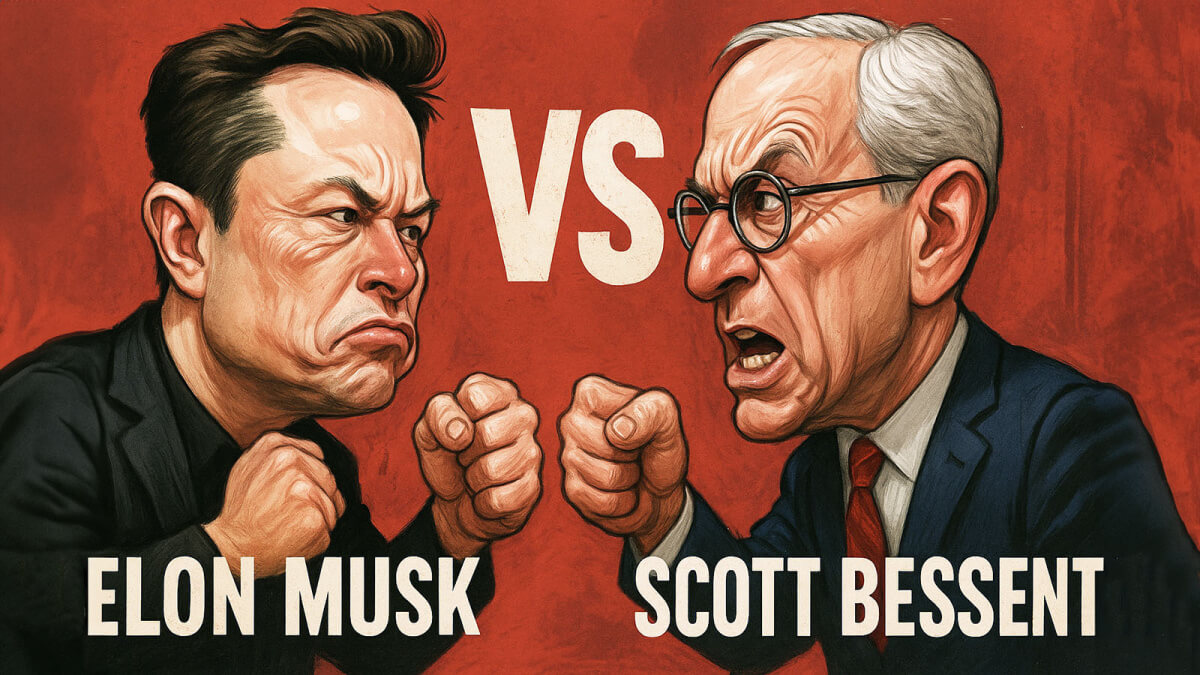A stark division within the Trump administration came to light last week as Elon Musk, head of the Department of Government Efficiency (DOGE), and Treasury Secretary Scott Bessent were reportedly embroiled in a vociferous confrontation at the White House. According to insiders, the altercation was rooted in a deep-seated philosophical clash regarding the course of government reform.
"Elon was shouting and rambling and Scott just wasn’t putting up with it," an anonymous source described, suggesting the intensity of the disagreement. The discord apparently stemmed from Musk's push for more radical reforms compared to Bessent's dual focus on reform and stabilization. A second White House insider delineated the conflict, contrasting Musk's singular, disruptive mandate with Bessent's broader, more cautious approach.
The incident occurred within the storied corridors of the White House, witnessed by Commerce Secretary Howard Lutnick, who, according to reports, sided with Musk's perspective. The presence of high-level officials during such a contentious moment underscores the gravity of the debate on the administration's approach to reform.
"There are disagreements amongst the president's staff and Cabinet sometimes, but we think that's part of the healthy debate process." HuffPost - White House Press Secretary Karoline Leavitt
White House Press Secretary Karoline Leavitt addressed the matter, acknowledging the fervor of President Trump's team members regarding national issues. "Disagreements are a normal part of any healthy policy process, and ultimately everyone knows they serve at the pleasure of President Trump," Leavitt stated, framing the argument as part of a vigorous policy-making environment.
This incident is not an isolated one for Musk, who has a history of public spats with other administration officials. Prior to Bessent's appointment, Musk had notably endorsed Lutnick for the Treasury Secretary role, criticizing Bessent's selection as conventional and opposing the status quo on his social media platform X. In a separate confrontation, Musk lambasted senior counselor for trade and manufacturing Peter Navarro for his remarks on Tesla, vehemently defending the company's American manufacturing credentials.
In the midst of these internal disputes, Musk has informed Tesla shareholders of his intent to dial back his involvement with DOGE come May, although he plans to continue contributing part-time. This decision follows his admission that his political activities might have dented Tesla's image, compounded by economic factors influencing product demand.
Investors are increasingly concerned about Musk's split focus, as Tesla faces heightened competition both domestically and internationally. Competing firms are gaining ground with advanced battery technologies, closing the gap in a market Tesla once led with little contention.





